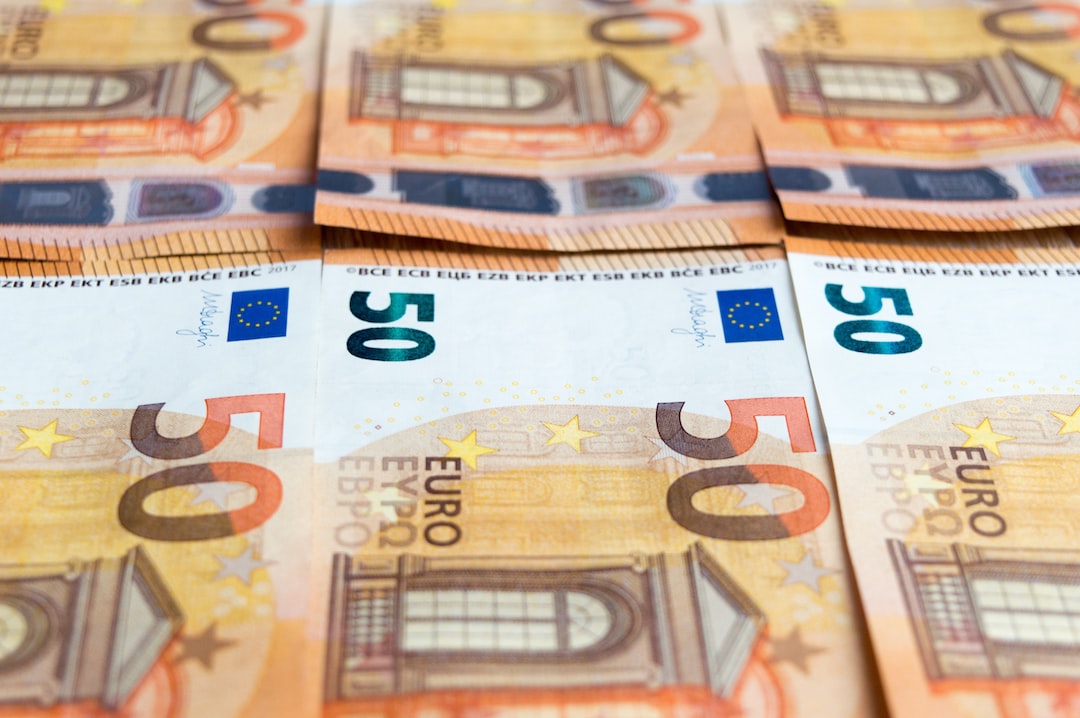The foreign exchange market, also known as the forex market, is a decentralized market where currencies are traded globally. The market operates 24 hours a day, five days a week, and is the largest financial market in the world, with an estimated daily turnover of $6.6 trillion.
What is happening in the forex market?
The forex market is influenced by a variety of factors, including economic and geopolitical events, central bank policies, and market sentiment.
Economic events
Economic events, such as employment data, inflation rates, and gross domestic product (GDP) reports, can have a significant impact on the forex market. Positive economic data can lead to increased demand for a currency, while negative data can lead to a decrease in demand.
For example, if a country releases strong GDP numbers, it can indicate that the economy is growing, which can lead to an increase in demand for that country’s currency. On the other hand, if a country releases weak employment data, it can suggest that the economy is struggling, which can lead to a decrease in demand for that country’s currency.
Geopolitical events
Geopolitical events, such as elections, wars, and natural disasters, can also have a significant impact on the forex market. These events can cause uncertainty and instability, which can lead to a decrease in demand for a currency.
For example, if a country is going through a political crisis or a war, it can lead to a decrease in demand for that country’s currency, as investors are likely to seek safer investments. On the other hand, if a country is going through a period of stability and growth, it can lead to an increase in demand for that country’s currency.
Central bank policies
Central bank policies, such as interest rates and monetary policy, can also have a significant impact on the forex market. Changes in interest rates can affect the value of a currency, as higher interest rates can lead to an increase in demand for a currency.
For example, if a central bank raises interest rates, it can lead to an increase in demand for that country’s currency, as investors are likely to seek higher returns. On the other hand, if a central bank lowers interest rates, it can lead to a decrease in demand for that country’s currency, as investors are likely to seek higher returns elsewhere.
Market sentiment
Finally, market sentiment can also have a significant impact on the forex market. Market sentiment refers to the overall attitude of investors towards a currency or the market as a whole.
For example, if investors are optimistic about the economy and the market, it can lead to an increase in demand for a currency. On the other hand, if investors are pessimistic about the economy and the market, it can lead to a decrease in demand for a currency.
Conclusion
In conclusion, the forex market is influenced by a variety of factors, including economic and geopolitical events, central bank policies, and market sentiment. Understanding these factors and their impact on the market can help traders make informed trading decisions and manage their risk effectively.





